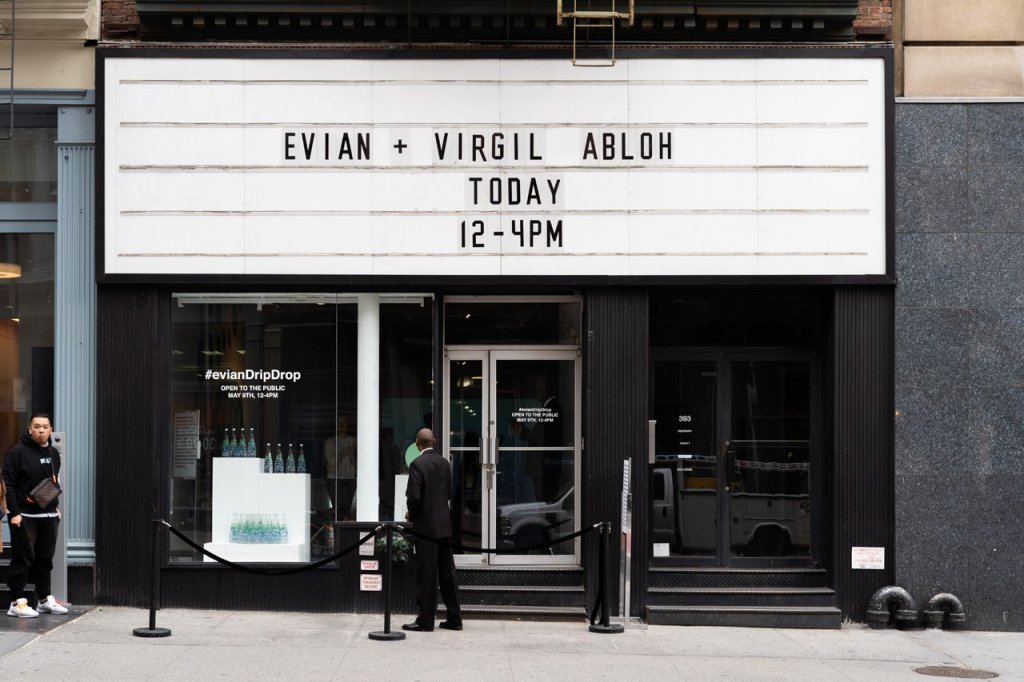How Pop-Up Shops Are Reshaping The Retail Industry

Pop-up shops have become a common sight on high streets across the UK. Renowned brands and plucky startups alike have picked up and run with this exciting new retail trend.
But what is it about these temporary spaces that make them such a popular strategy for attracting customers? And how are they changing the way we shop?
The emergence and growth of pop-up shops
The first pop-up shop is widely considered to have been the Ritual Expo, which opened on a one-day basis in Los Angeles in 1997 and repeated for several years. Combining retail and food stalls, it set the stage for the pop-ups we see today, although now they’re most commonly seen from brands that otherwise operate primarily online.
Now, this concept has evolved into a key sector within the retail industry said to contribute £2.3 billion to the UK economy. At a time when online retail is as big as it’s ever been, this is no mean feat.
Benefits for businesses
An explicitly temporary space creates a sense of urgency. Whether it’s a food outlet or a brand selling its latest product, pop-ups are fast-paced and provide an element of exclusivity which entices more people to buy into the experience.
Setting up a pop-up shop can have a variety of benefits for a business, as they have the potential to:
- Boost brand awareness: Setting up somewhere new can reach people who are otherwise unfamiliar with you.
- Increase sales: Choosing an area with high foot traffic can pay off quickly.
- Get positive reviews: There’s an opportunity to gather immediate customer feedback, which is valuable insight that helps you refine offerings and strategies.
- Test new products: Pop-up shops also provide a low-risk environment to do a trial run of a product to see if it could be popular before making significant investments.
Revitalising the UK high street
Additionally, pop-up retail can revitalise local economies. When shoppers head to their local high street to see what the temporary store has to offer, they might spend time in town eating in local cafes and browsing in other shops.
This style of retail also helps to breathe new life into the high street. By occupying vacant retail spaces, these temporary establishments attract foot traffic and can reimagine spaces that have suffered from store closures.
Key considerations
There are some things to consider for businesses planning to introduce this idea, however. Finding a vacant store in a suitable location is the first step. If you’re a business owner, you’ll need to do the research to see if this could be the right place for your pop-up. You’ll also need to make sure you can rent the space and get everything in order.
It’s important to have a clear plan and purpose. What will you use your pop-up to sell? Are you going to focus on one product? Perhaps you want to launch a new range. Your design and location choices should support this plan.
Additionally, you’ll need to consider the legal aspects of the project. If you don’t ordinarily work in brick-and-mortar spaces, you could consider options for shop insurance for peace of mind when it comes to liabilities that you aren’t used to dealing with.
If you’re an entrepreneur looking to test a new concept and want to attract shoppers seeking something different, pop-up shops offer an engaging opportunity that could boost sales and help boost in-person retail.




